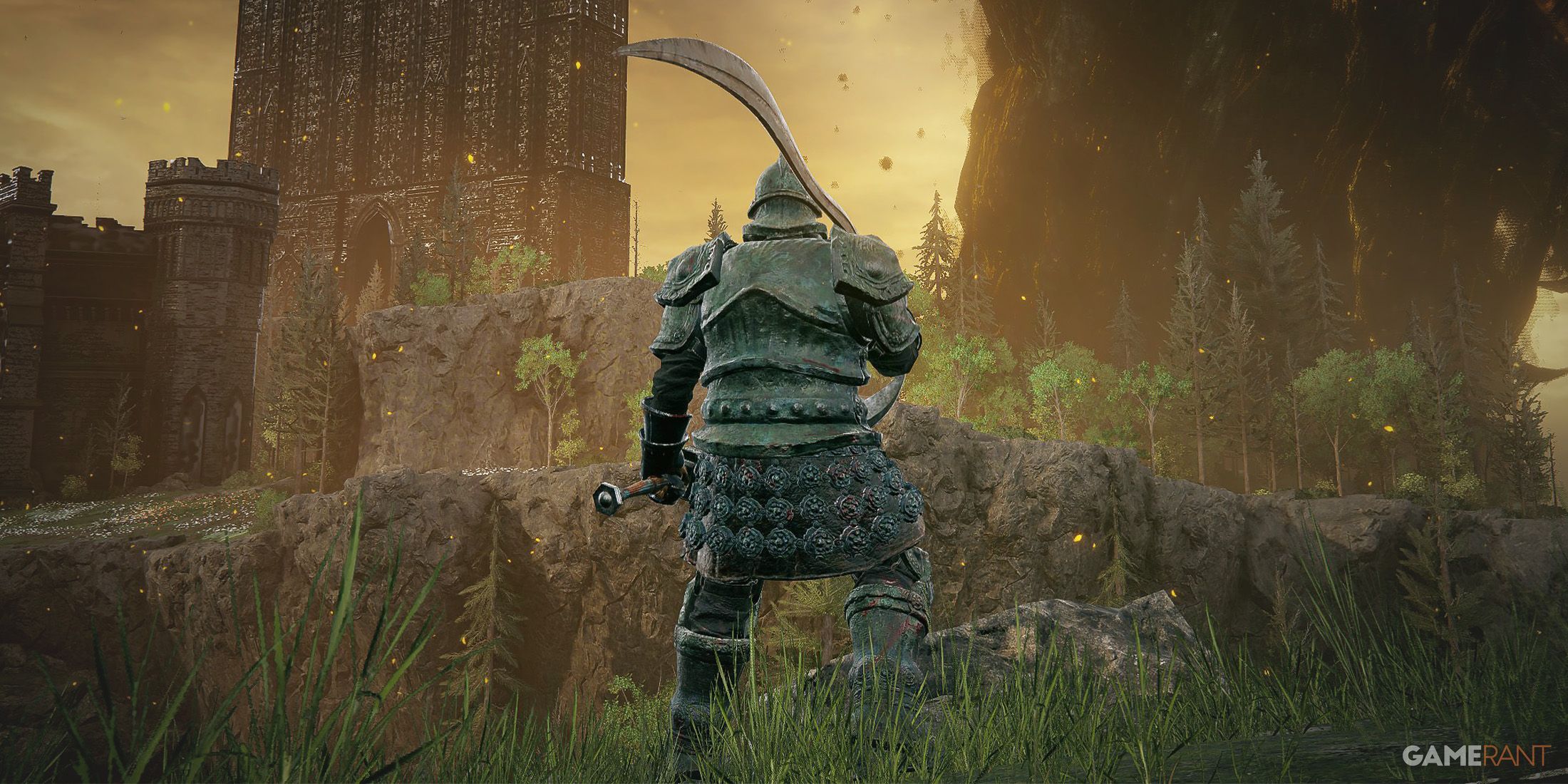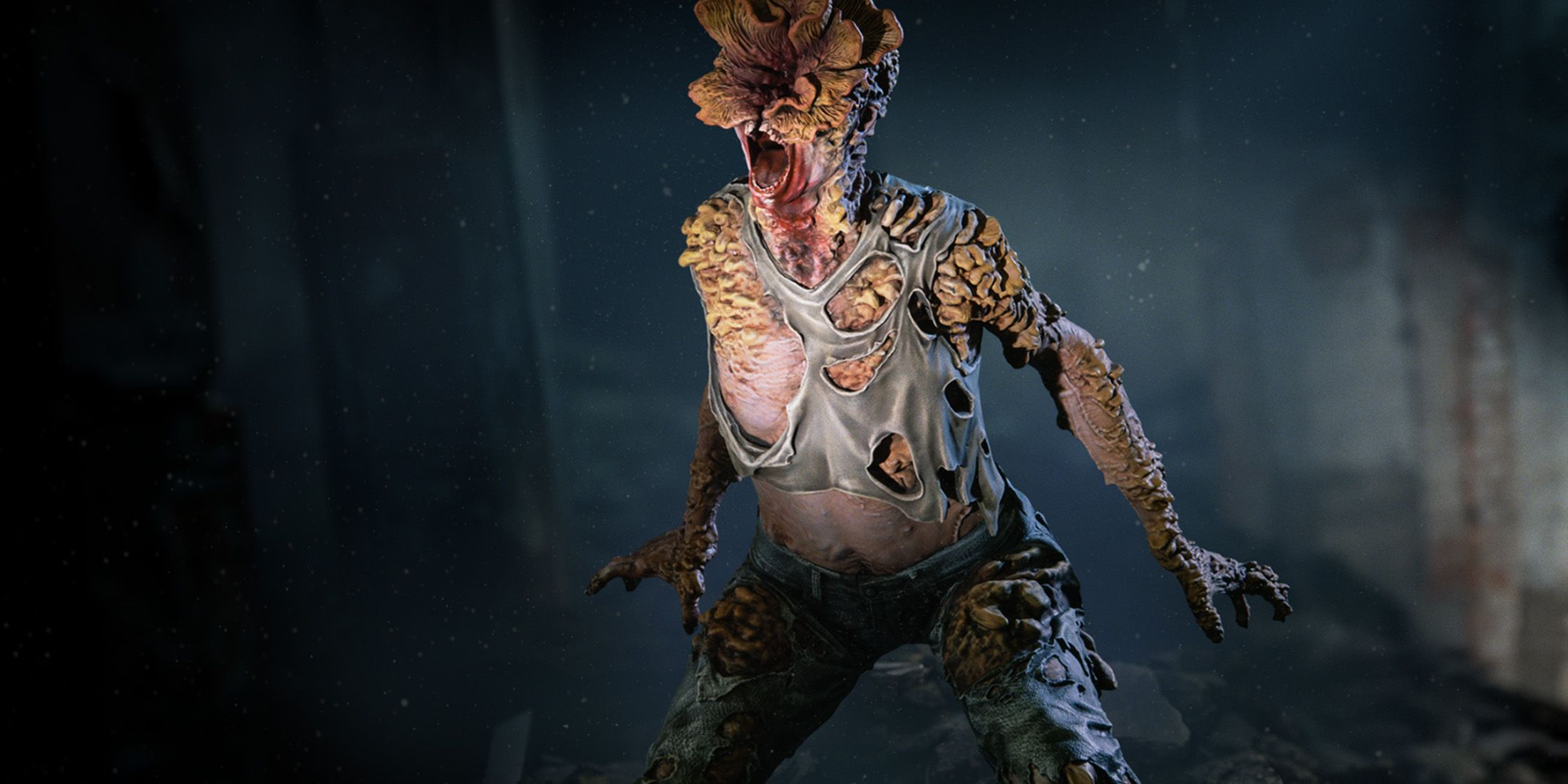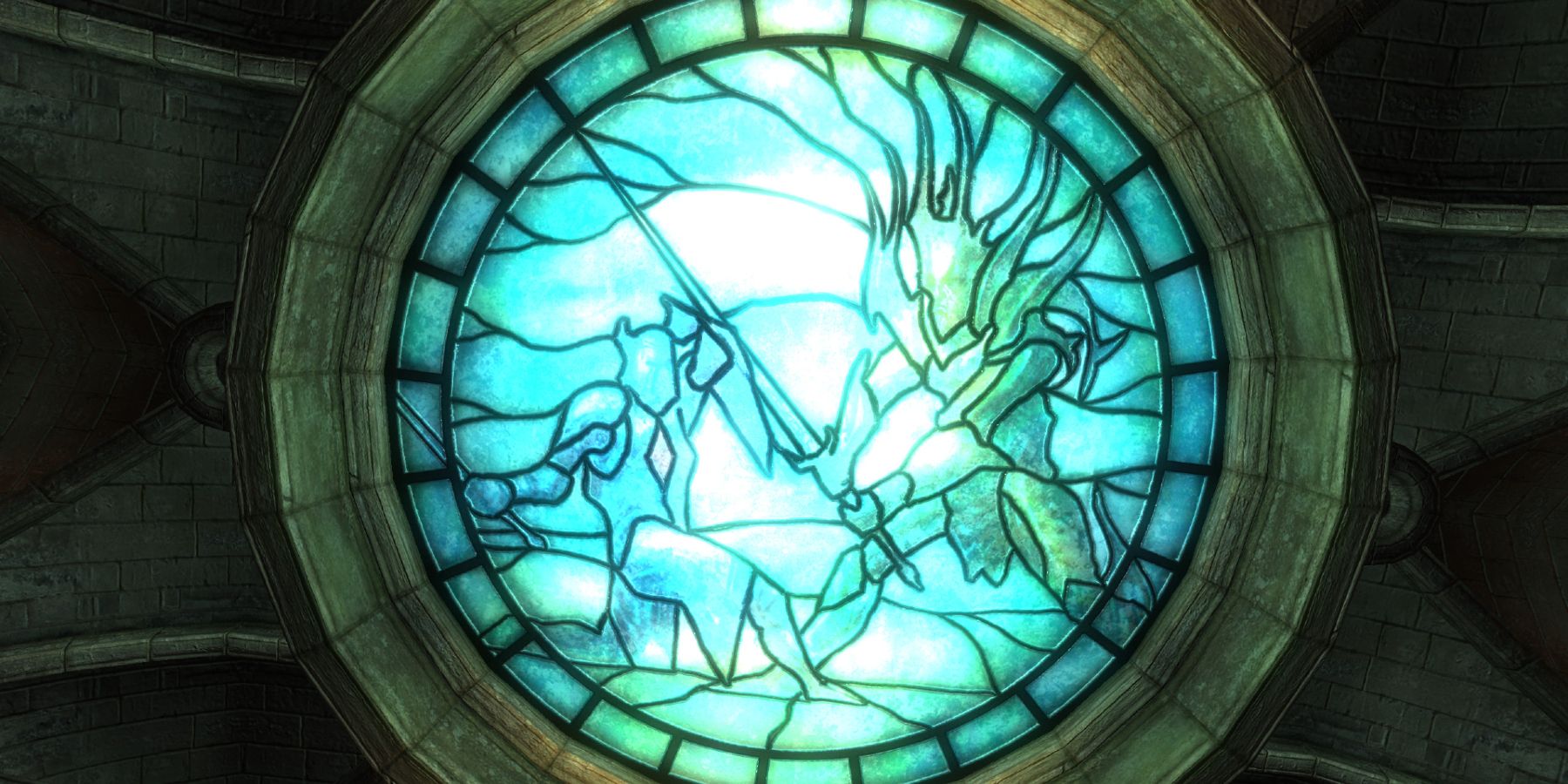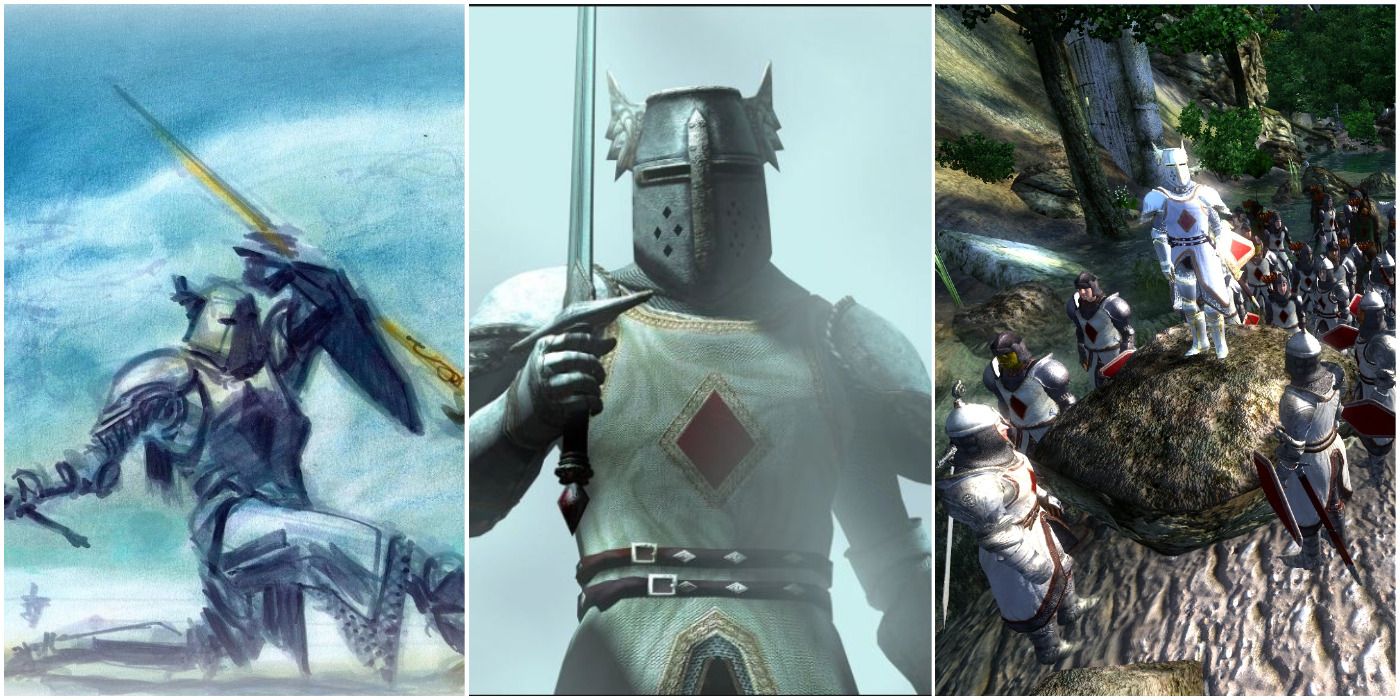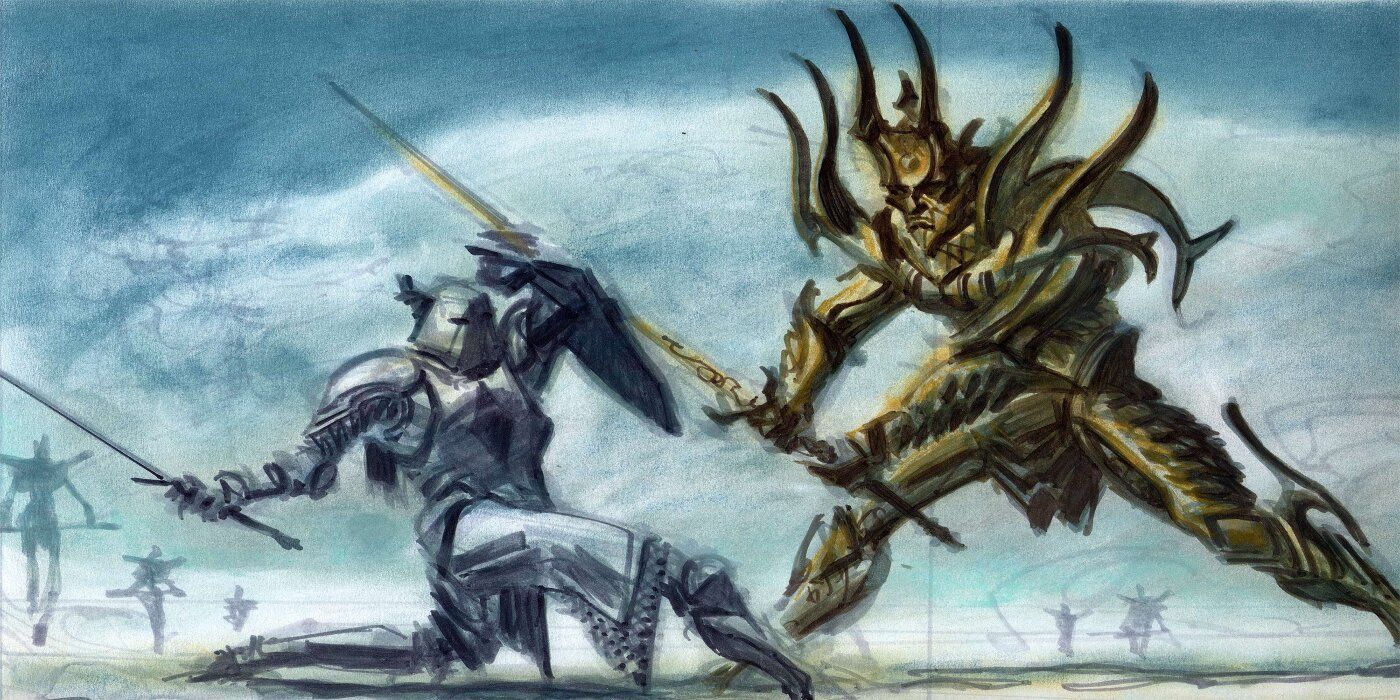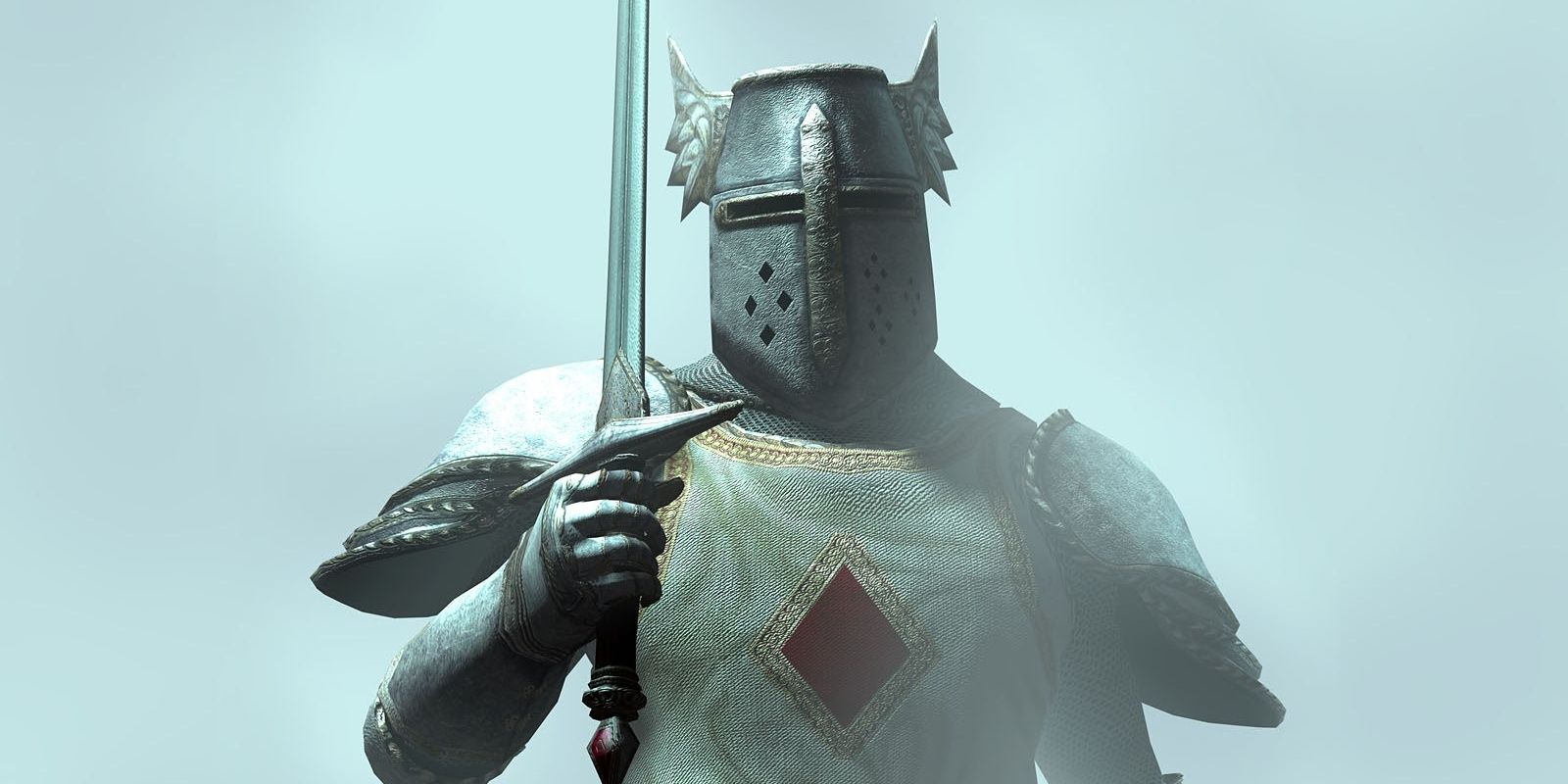Pelinal Whitestrake is a mysterious figure in TheElder Scrolls. He is a powerful knight that has existed across history, appearing and disappearing seemingly at random. However, he’s most known for his actions in the Alessian Slave Rebellion.
Despite Pelinal’s title of “Divine Crusader,” however, this knight has committed morally dubious acts. He has killed people and destroyed lands during bouts of madness, yet many seem to view him as a force of good in the world of The Elder Scrolls.
The Divine Crusader of the Elder Scrolls Series
Pelinal Whitestrake’s origins in The Elder Scrolls are unknown. Some believe him to be the mortal incarnation of a god sent to the Mundus to serve humanity, while in “The Song of Pelinal,” he refers to himself as an “ada,” or a divine spirit. Whatever the case, Pelinal is no doubt a powerful being as he’s existed as early as the Merethic Era. During this time, he’s said to have wandered Tamriel under many different names, building armies, conquering lands, and ruling kingdoms until he abandoned them to wander once more.
Around the end of the Merethic Era, Pelinal learned of the Ayleid Empire in modern-day Cyrodiil, and their vicious treatment of Nedic slaves. Thus, he targeted the Ayleid armies, brutally killing the elven mages to help the enslaved humans. Meanwhile, Alessia — a slave born under the Ayleid Empire — began praying to the Divines of The Elder Scrolls, asking for help in overthrowing their cruel elven masters. The goddess Kynareth answered her prayers by sending none other than Pelinal and another demigod named Morihaus to assist in the slave rebellion.
Taking advantage of the conflicts within The Elder Scrolls’ Ayleid Empire, Alessia gathered slaves, defector Ayleids, and even Nords from the northern lands to build a sizable army. Thus, the Alessian Slave Rebellion began. Pelinal, however, was not fond of traditional warfare and opted, instead, to challenge high-ranking Ayleid officials to duels. He slew many powerful sorcerer-kings, effectively weakening the Ayleid army.
Eventually, he came face to face with the half-elf demigod and Ayleid king of The Elder Scrolls, Umaril the Unfeathered who was tasked with guarding the White-Gold Tower. Alessia and her army officials were hesitant to storm the tower as they knew how powerful Umaril was. However, this delay angered Pelinal, which is why he sought out the demigod himself. Upon arriving at the tower, Umaril sent soldiers to weaken Pelinal before attacking himself. Despite Pelinal’s injuries, the knight still managed to defeat the sorcerer-king. Unfortunately, this spurred the remaining Ayleids to attack him, and Pelinal ultimately died at their hands.
With Umaril the Unfeathered dead, Alessia and her army managed to overthrow their elven masters, driving them out of Cyrodiil and taking the White-Gold Tower for themselves. With this, the Alessian Empire was established and, eventually, the Ayleid race died out. The people of this new empire in The Elder Scrolls no doubt had Alessia and especially Pelinal Whitestrake to thank for their newfound freedom.
The Madness of Pelinal Whitestrake
With that said, it’s important to also tackle Pelinal Whitestrake’s less benevolent side. Though he played a primary part in establishing the Alessian Empire, he was also guilty of undue crassness and violence. One of the knight’s known monikers is Pelinal the Bloody because he was known to drink his enemies’ blood in victory. In his battle against the Ayleid sorcerer-king Haromir of Copper and Tea, Pelinal was said to have eaten the elf’s neck veins.
Things only got worse when Huna — Pelinal’s hoplite and companion — was struck down by the arrows of Celethelel the Singer. Pelinal had loved Huna dearly, and when his companion fell, he went on a rampage, killing elves and destroying many Ayleid cities across Cyrodiil. This was when Pelinal first exhibited his unhinged madness. Alessia learned of Pelinal’s deeds and supposedly made sacrifices to the Eight Divines of The Elder Scrolls to keep them from abandoning the Mundus in disgust.
Pelinal would continue to fall into his violent madness, killing enemy and ally alike. During his rampages, whole swaths of land would be destroyed, and countless people would die by his hand. Only Alessia could stop his rage by praying to the Divines, asking that they calm the knight. Fortunately, the gods and goddesses would hear her plea and soothe the mad Pelinal so that he “no longer had the will to kill the earth in whole.”
Aside from Pelinal’s madness, he was also notoriously belligerent and churlish in his speech. Another of his monikers is Pelinal the Blamer because he chastised any who did not favor his military tactics. This was the case when Alessia decided against storming the White-Gold Tower. Pelinal reportedly admonished his own allies, calling them cowards and other such names before leaving to challenge Umaril himself. After having defeated the sorcerer-king, Pelinal then insulted Umaril, angering the Ayleids. This is what ultimately led to Pelinal’s death.
Finding Peace in Death
Pelinal was slain by the remaining elves in the tower, contributing to the Ayleid race’s decline in The Elder Scrolls. They cut him into eight pieces but, somehow, his severed head was still conscious when Morihaus and the rest of Alessia’s army arrived. Pelinal warned Morihaus that Umaril would return to exact vengeance and only then did he finally perish. It’s believed that Pelinal’s spirit found peace after death as he was freed from his rage and madness. He then acted as a guardian to Alessia’s soul after her death, escorting her to the afterlife.
In the Third Era, Pelinal would appear again — this time to the Hero of Kvatch in Oblivion. His associated quest is available in the game’s Knights of the Nine DLC. His spirit reaches out to the player, the Second Divine Crusader, and warns that Umaril has returned and seeks vengeance on the Divines who brought about his downfall. Pelinal then tells the player to seek out his Relics — powerful weapons and armor — then leaves. It’s up to the player to defeat Umaril for good, accomplishing what Pelinal had failed all those years ago.
Pelinal Whitestrake is an interesting figure in The Elder Scrolls. Though he and his legacy are generally seen as positive, at least to the human race, many of his past deeds aren’t exactly heroic. He may have paved the way for the Alessian Empire, but he also killed countless innocents in his bouts of madness, making him a morally questionable figure in the history of Tamriel.
The Elder Scrolls 4: Oblivion is available on PC, PS3, and Xbox 360.


